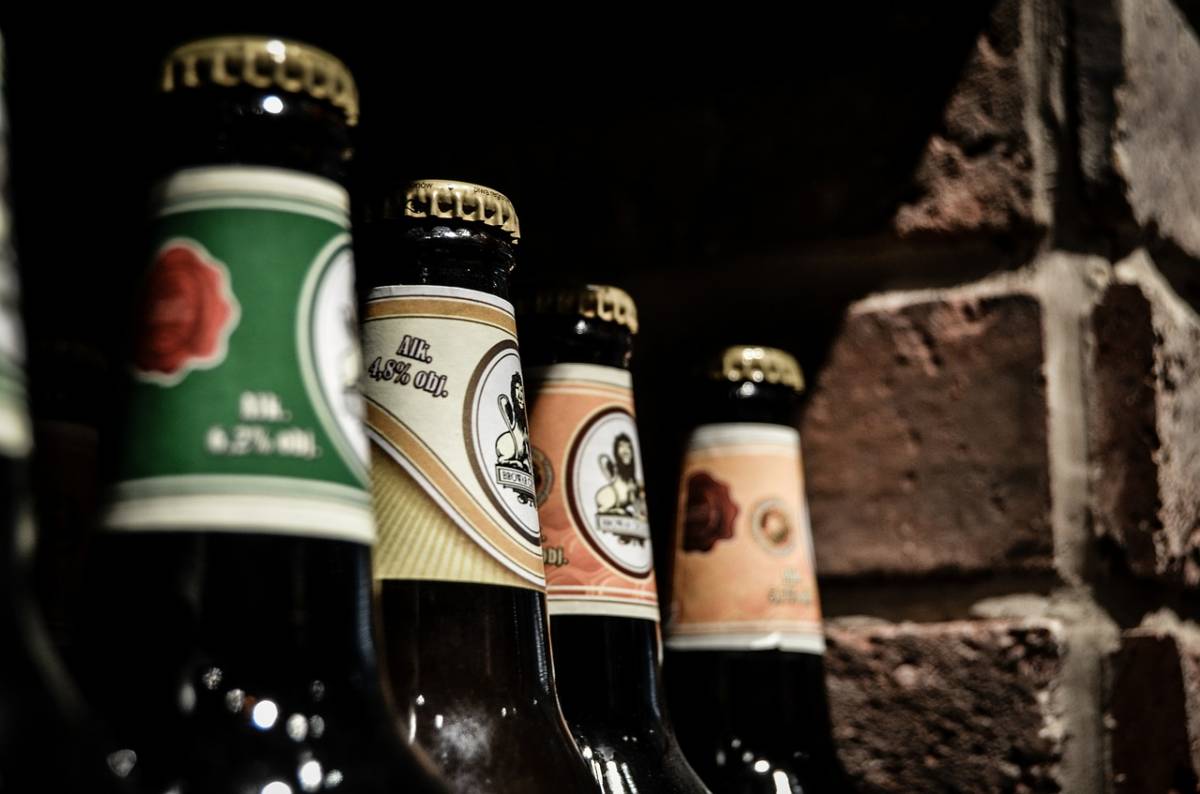There’s no mistaking the febrile atmosphere that grips a roomful of lads when booze flows freely. As empty cans are crushed and laughter intensifies, the grim inevitability of a drinking game looms like a pre-exam vomiting marathon. Only we’re not preparing for a postmodern reading of Michel Foucault’s shortest ever shopping list. Instead, we must demonstrate a real skill needed in the future. Yes, it’s the public performance of showing you can drink more than the lad to your right, material in whose name BBC3 offers sacrificial hashtags.
You might be tempted to spare a thought for the Great Tit, or to use their proper scientific name, the lad. They’re not the only group in life who enjoy a drink, yet they’re constantly criticised by red brick undergraduates and Guardianistas. Not that they’re bothered, I imagine. There aren’t hundreds of support groups for lads suffering debilitating trauma as a result of middle-class moralising. The antagonistic tennis match thunders on, both sides happy to provide each other ammunition. What pious critics often miss, however, is the performative aspect of heavy drinking and the mental health issues influencing wanton inebriation.
Drinking copiously to impress others is a performance born out of self-loathing. You may hate what you’re doing, but if there are strangers or friends to impress, you will make your body suffer the consequences for applause. Tying self-worth to the idea that drinking more than your nearest competitor makes you more of a man underpins this logic.
https://culturedvultures.com/still-alive-my-struggle-against-depression/
The desire to be accepted, to be liked by others over someone perceived as weaker, is the cannibalistic mantra upon which this booze-soaked brand of masculinity is built. Self-esteem is fed by strangers’ and ‘friends’’ approval, the sort of people who love you when you’re performing and forget you as you lie paralytic. That’s what being a man is about: drinking more than you can and building a reputation that will destroy your health. Showing you can drink more than other men enhances your name tenfold. Those who can’t drink as much are branded ‘weak’ or ‘boring’. They are emasculated, heckled for repudiating the Lad Bible. A social hierarchy is then established, with mega-bantz lads basking in adoration at the top and emasculated ‘lightweights’ marginalised at the bottom. The people who cheer the performers form the hierarchy’s middle. Unable to drink much themselves, they live vicariously through the actors whose resistance to booze they crave. There we have the social hierarchy, built on insecurity, envy and savage competitiveness.
Artist Grayson Perry’s recent series All Man, which explored readjusting forms of masculinity, surprisingly didn’t cover lads behind the booze, which is a missed opportunity. Perry’s presentation style would’ve coaxed out the dark impulses behind drink dependency and created a better understanding of why lads drink to excess. This toxic brand of masculinity is a symptom, not a logical expression of ‘masculine’ traits. It’s the child of insecurity, mental health issues, and crippling self-loathing, rather than a naturally militant love of alcohol. The British do not drink to celebrate- they drink to forget, Martin Amis once suggested, and he couldn’t be more right.
https://www.youtube.com/watch?v=yeqHs3lqXdw
A combination of booming voices and imposing physicality make lads’ excesses more intimidating than others who binge, which is why they attract more scrutiny. Writing this from the safety of my heavily guarded bunker is easy, but insecurity is guiding lads who condemn those unwilling to get slaughtered. Remembering this as you’re being bellowed at for refusing to put whiskey in your anus might not be immediately comforting, but it’s true. Masculinity sustained by denigrating others who can’t or don’t drink as much must die. The only way that can happen is if men grow accustomed to openly talking about their mental health, rather than using booze as an escape. That change in attitudes won’t come quickly, but the more we talk about it, the closer that shift in consciousness comes.
Some of the coverage you find on Cultured Vultures contains affiliate links, which provide us with small commissions based on purchases made from visiting our site. We cover gaming news, movie reviews, wrestling and much more.



